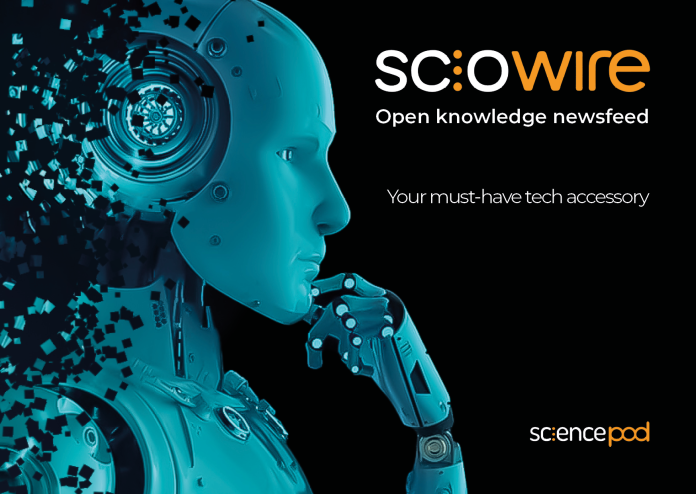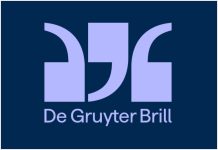
Finally: a bespoke newsfeed to seek, sort, summarise and share open-access research
SciencePOD proudly introduces its latest innovation: ScioWirebeta, at the 2022 Frankfurt Book Fair. Using artificial intelligence (AI), ScioWire helps any knowledge economy professional – from scientists to publishers – access the evidence they need, quickly.
ScioWire uses natural language processing algorithms, developed by our partner Juan-Manuel Torres Moreno, Senior Researcher at the LIA at Avignon Université.
The Process
- ScioWire applies each user’s chosen keywords and filters to the latest open-access (OA) papers online, filtering out irrelevant work and ensuring nothing important is missed.
- ScioWire’s AI engine generates a feed of contextualised summaries from the full OA papers. These summaries let researchers browse their list at speed and choose which articles are worth reading in full.
- More time and evidence for the researcher, and more exposure for the right OA papers.
ScioWiresummaries combine a concise breakdown of the research paper with direct extracts highlighting relevant information and the answers to key questions about its findings. Each summary also provides contextual information, including lay definitions for technical jargon, expanded acronyms and a compilation of keywords for future reference.
ScioWireis also a powerful tool for scholarly publishers, enabling them to amplify the impact of research in their portfolio. ScioWire can expand its range of sources to include titles from publishers looking for author-centric productivity tools. Detailed summaries have been shown to increase engagement, helping readers decide to explore the original research. Offering this resource yields much higher impact than the full-size article alone, boosting discoverability and reach.
A chance to focus
Science communications are changing. Scientists are increasingly incentivised to promote their work at the post-publication stage, with the focus on impact. At the same time, researchers are facing significant pressure to publish quickly, secure more funding and fulfil funder requirements around OA and outreach.
The average researcher and knowledge economy professional consumes content in 5-15-min timeslots throughout the day. Much of this time is spent finding papers and deciding if they are worth diving into. A clear, thorough feed of digestible summaries saves time, energy and missed opportunities, allowing them to spend more time understanding the research itself.
























